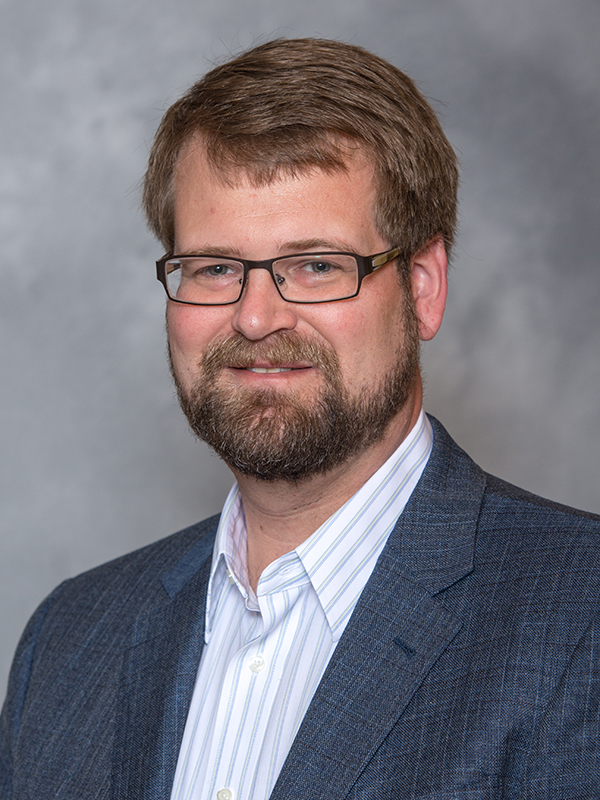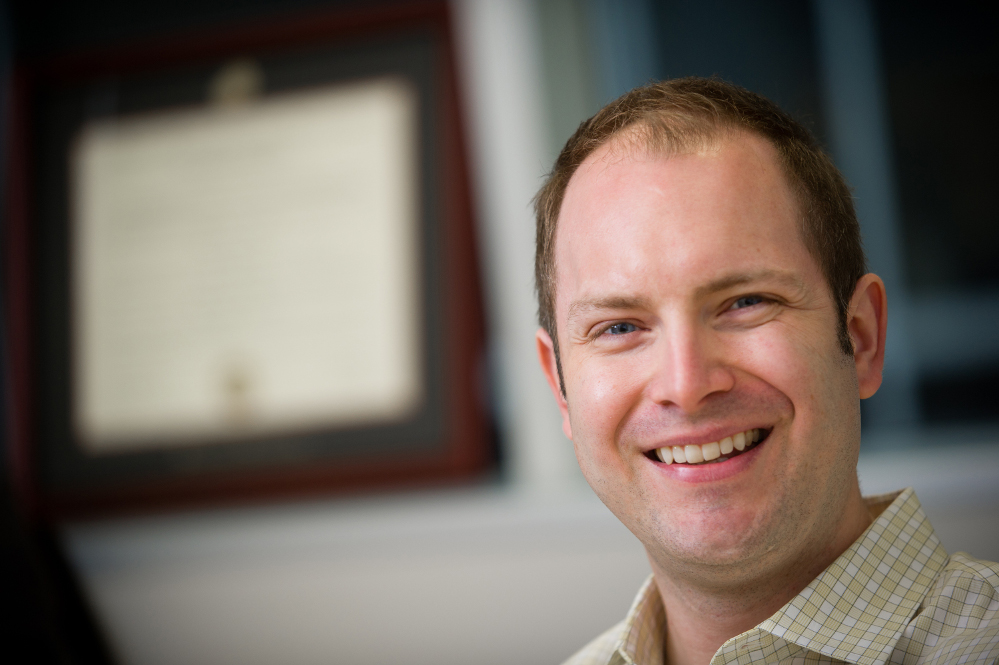Particle physics is kind of like an eclipse or a meteor shower. They aren’t things we tend to think about until they’re unfolding in front of our eyes. When they are, though, they captivate our imaginations.
Over the last 20 years, particle physics has generated some of science’s most memorable headlines, including the discovery of the Higgs boson, the revelation that neutrinos have mass and the detection of gravitational waves — all of which earned Nobel Prizes.

Now, a new report from a federal advisory group is working to keep the United States at the forefront of particle physics leadership, discovery and innovation for decades to come.
“The report shares the exciting scientific questions ahead of us, which are enabled by U.S. leadership and investments,” said Kendall Mahn, an associate professor in the Department of Physics and Astronomy. Mahn is also a member of the Particle Physics Project Prioritization Panel, or P5, that issued the new report.
“I’m proud that the approach to planning in particle physics leverages so much community input and expertise, making it a worldwide effort.”
The P5 is a subgroup within the High Energy Physics Advisory Panel, or HEPAP, which recommends research, education and training priorities to federal science agencies. Specifically, HEPAP reports to the Office of Science of the U.S. Department of Energy and the National Science Foundation’s Division of Physics.
“The P5 report will lay the foundation for a very bright future in the field,” said R. Sekhar Chivukula in an announcement of the report published by the American Physical Society, or APS. Chivukula is the 2023 chair of the APS Division of Particles and Fields and a Distinguished Professor of Physics at the University of California, San Diego.
“There are extraordinarily important scientific questions remaining in particle physics, which the U.S. particle physics community has both the capability and opportunity to help address, within our own facilities and as a member of the global high energy physics community.”
Particle physicists explore the fundamental rules of our universe and try to understand its origin. Its projects are often large, with hundreds or thousands of collaborators, and can require years to complete using incredibly powerful — and expensive — instrumentation.
The P5 group is tasked with making budget-informed recommendations that will maximize the country’s investment, not just now, but into the future.



